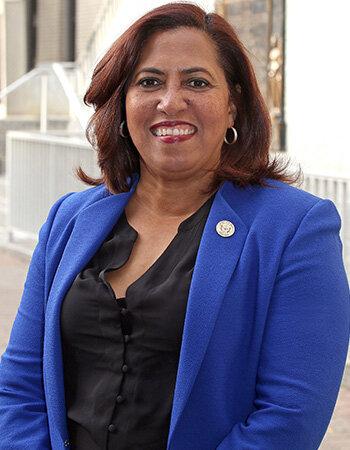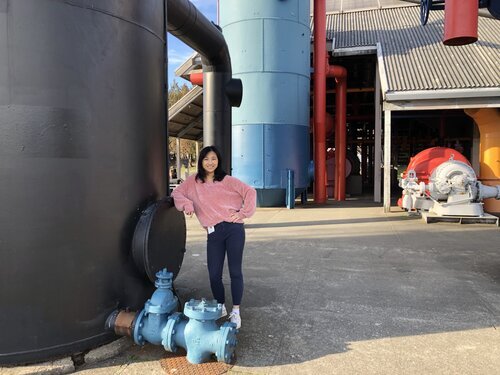AN INTERVIEW WITH REPRESENTATIVE MATTIE DAUGHTRY
BY PAIGE MACKINNON
“We all talk about 2016 being the year of the woman, but what we are about to walk into is the year of accountability on many different fronts.”
Representative Mattie Daughtry has been my state representative for eight years and is now running for the District 24 seat on the Maine State Senate. Having met her before and having been her constituent for eight years, I knew that she was passionate, forward-thinking, and driven toward change, but after our interview, I know that she and many other legislators are ready to bring about change and that there is a lot of work that can be done outside of political office.
Accountability
One part of our conversation that really stood out was Mattie’s perspective on what the upcoming election will bring to the political landscape. Representative Daughtry said;
“We all talk about 2016 being the year of the woman, but what we are about to walk into is the year of accountability on so many different fronts. I want to be able to go home and talk care of my child…I want to make sure I am able to live in my area with access to safe water, I want to make sure that I actually have a chance to survive in my neighborhood. Things are going to change.”
We see that now. Across the nation and the world, conversations around government’s accountability to its citizens and society’s accountability to the world more broadly are occurring. These conversations and the issues they are addressing, such as clean water rights, BIPOC rights and safety, healthcare, climate change, poverty, and education, are not new. However, many of these issues are gaining more attention as the pandemic tears down long-standing structures in our society, and this attention is bringing with it a call for politicians to take responsibility and enact real change. But what can we as citizens do, especially those who aren’t yet eligible to vote, to continue these conversations and ensure that those actions toward accountability are taken?
The Impact of Young People
In her interview, Representative Daughtry emphasized that there are many changes that need to happen in the coming years and that young people can have an impact in the upcoming election and in the policies that are established in the following years both nationally and locally. In high school, she was involved in voter registration drives to ensure that her peers were voting when she could not. She recommends that the best way for students to make an impact is by being involved in whatever way they can like she did in High School when she organized voter registration drives. This could be working on voter turnout, canvassing and helping on campaigns both local and national, or organizing protests and teach-ins.
She also encourages holding your representative accountable; Representative Daughtry herself looks at letters and input from the students she speaks to as a guide for her policymaking. Recently, she has seen a shift in student engagement toward very real issues as elementary classrooms discuss climate change and various youth movements gain momentum fighting for justice and equality across the United States. This increase in action is why she sees 2020 as the year of accountability.
Who can be involved in politics? Everyone.
One of the more powerful and effective political actions you can take is running for office when you see a problem that is not being addressed. When I asked Representative Daughtry what advice she would give young women who are considering running for office, she said, “Just do it.” When she became a Maine legislator, she did not have a law degree, she was not over forty-five, and she did not have a picket fence and two and a half children. She did have conviction, passion, and an ability to listen, the three things she sees as what qualifies someone for office.
Her advice: think about what matters to you and what makes you passionate about your community and use that because “when it comes to policy, government impacts all of our lives at any age whether you’re just born or whether you’re retiring….and what you have to offer and what you have to say is important.” Your age and your experience do not and cannot restrict your engagement in your local, state, and national politics.















